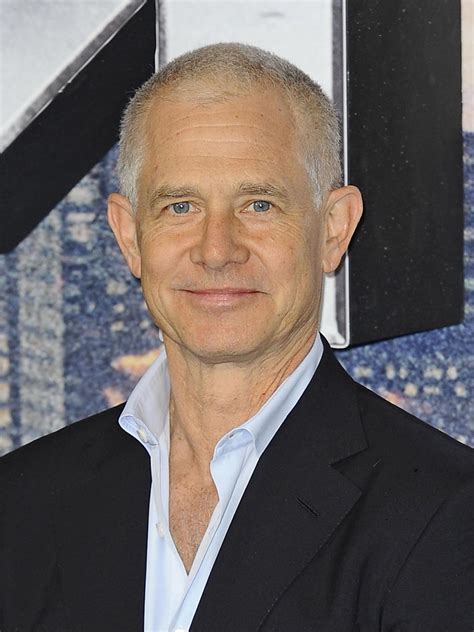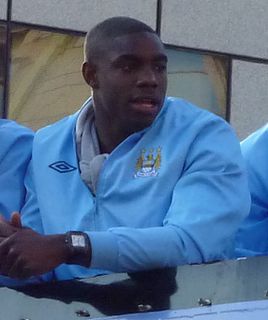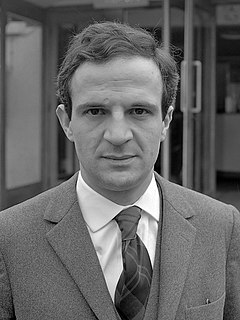A Quote by Celine Sciamma
My film-making is the privilege of French cinema. I would have to do things totally differently elsewhere. But I think I could learn from that and have fun being part of a bigger collective.
Related Quotes
I think on both sides of the pond, there are pros and cons to TV and film, and I think that there are things the British people can learn from the Americans and things the Americans can probably learn from us when it comes to the acting industry. But the main thing here in the USA is everything is just a hell of a lot bigger. The sets are bigger, the casts are bigger, the crews are bigger.
I think you do have to attend to the sort of core values of film, which is that the audience wants to have a relationship with the characters, they want to understand what's going on there. There are certain things that comics can have a little bit more freedom in then when you're asking an audience to engage in it as a piece of cinema, but I do feel like the canvas is much bigger and wider and that we're being invited and frankly challenged to take risks, to be a little bit different. And that's fun, that's exciting.
The film The Conquest will be seen on many different levels and the American point of view is always more technical. The French are less technical - it's 'I like it, or I don't like it.' I hope that this film can have a life in the U.S. - it's the grand country of cinema. I grew up with Hollywood movies, so for a French director to have a film distributed in the U.S. is a real opportunity.
That's grossing money for other people that has a multiplying factor, but the government doesn't see that. It doesn't see that making a film or culture or art is part of our economy. But the main reason is this, it's part of our identity. I think cinema is the memory and the imagination of the country. Take the memory and imagination out of an individual and he's stops being an individual.
































